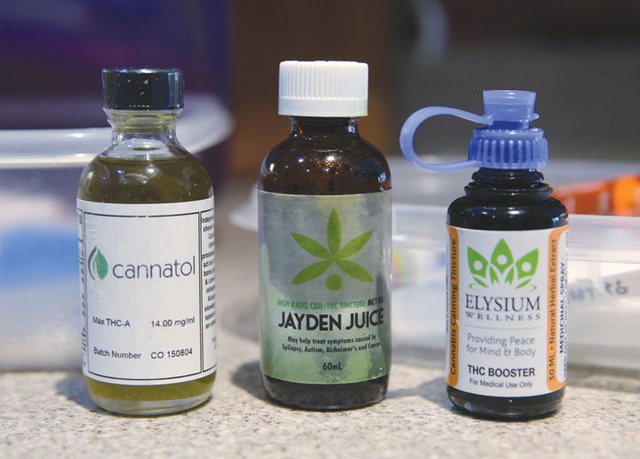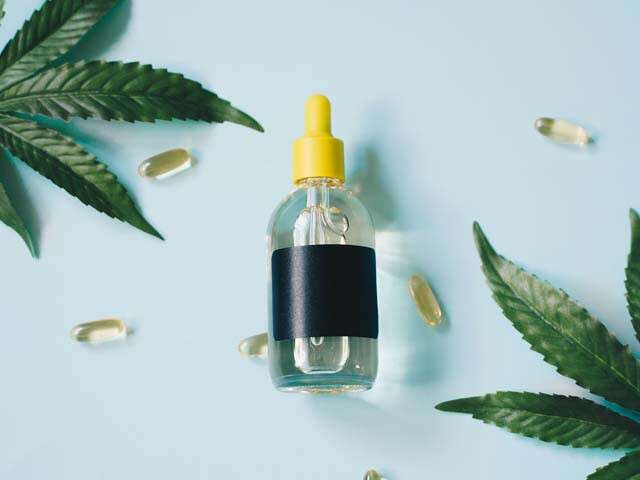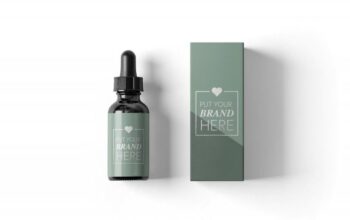Products containing the hemp derivative are available in several places, but their health benefits have not yet been proven.
Twice a day, Joe Tanko puts a drop of CBD tincture under his tongue and waits for the active ingredient to absorb. “Playing golf makes my back hurt,” says Tanko, a 62-year-old resident of Pelham, Alabama. “It’s terrible to wake me up in the middle of the night because of the pain.” But he says that since he started using CBD earlier this year, his back doesn’t bother him and he can sleep well. “It also helps me concentrate more,” he notes and says that has helped him play better golf.
Cannabidiol, or CBD, is a trendy hemp compound that is surrounded by a giant halo of health benefits and has a large market presence. Although some states still restrict or prohibit CBD products and their legal status remains unclear and confusing, they are increasingly available in stores and online.
Conventional CBD-containing products include oils, salves, salves, balms, and lotions. But they are also adding CBD to bottled water, pet food, breath mints, coffee, and even hair pomade. You can buy CBD at a CBD store, order it online or get it at some gas stations, supermarkets, and, in some states, CVS and Rite-Aid.
Thanks to all that hype and high prices (about $179 for a 1-ounce bottle of CBD oil), hemp industry watchers predict that the CBD market could reach $22 billion by 2022.
CBD alone won’t get you high
The low THC content means that CBD won’t make you feel euphoric.
It’s hard to know what’s in the bottle
CBD is highly under-regulated, warn researchers, who say the synthetic cannabinoids in CBD likely caused 52 poisonings in Utah in late 2017 and early 2018. A recent Virginia Commonwealth University study found a dangerous synthetic ingredient and dextromethorphan, a cough suppressant, in one manufacturer’s e-cigarette CBD products. A 2017 study of 84 CBD oils, tinctures, and e-cigarette products found that only 31% contained the amount of CBD specified on the label.

“Currently, the Food and Drug Administration (FDA) does not regulate how safe dietary supplements are. And CBD is primarily marketed as a supplement or as a product to add to food and beverages,” says Peter Grinspoon, a medical hemp researcher, primary care physician at Massachusetts General Hospital, and instructor at Harvard Medical School. “You can’t know for sure if the product purchased has the dosage of active ingredients that the label indicates.”
CBD appears to be effective for some disorders, but not for others
Anecdotally, CBD appears to work for pain relief. Neurosurgeon Joseph Maroon, a professor at the University of Pittsburgh Medical Center, says his patients with joint and back pain find relief from over-the-counter CBD. If you want to find great tips and information, look over at this site to know more.
“Whenever there is inflammation, CBD is likely to help,” he says. “There’s some data indicating it’s helpful in peripheral neuropathy, a growing problem for people with diabetes, especially as they age. I recommend it along with other natural anti-inflammatories, such as fish oil, curcumin, and boswellia.”





